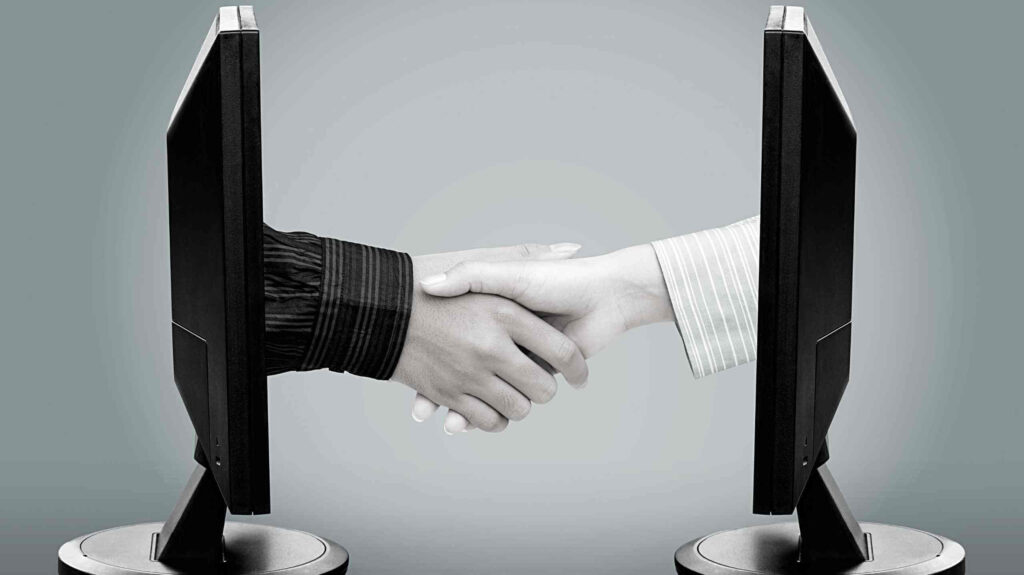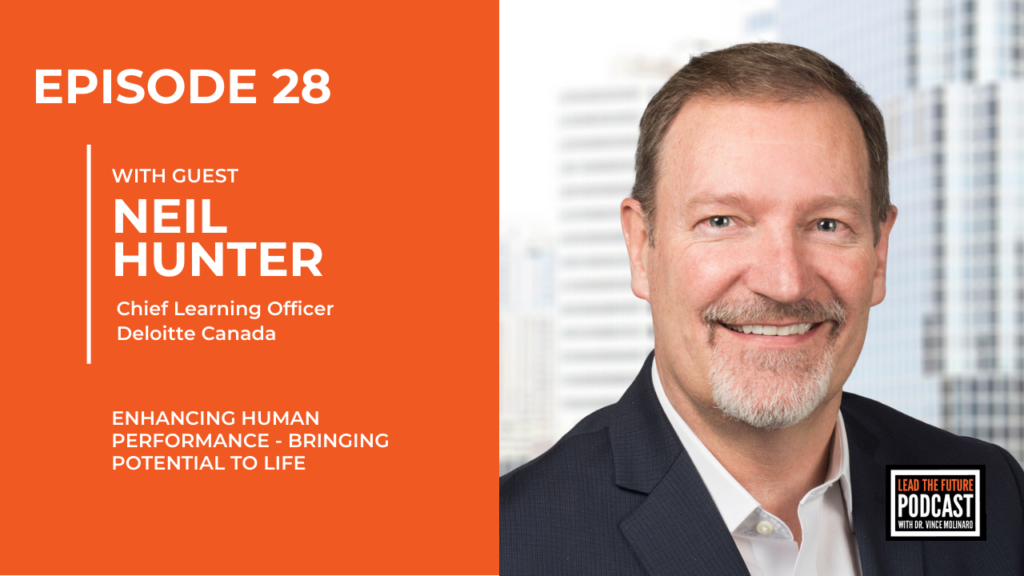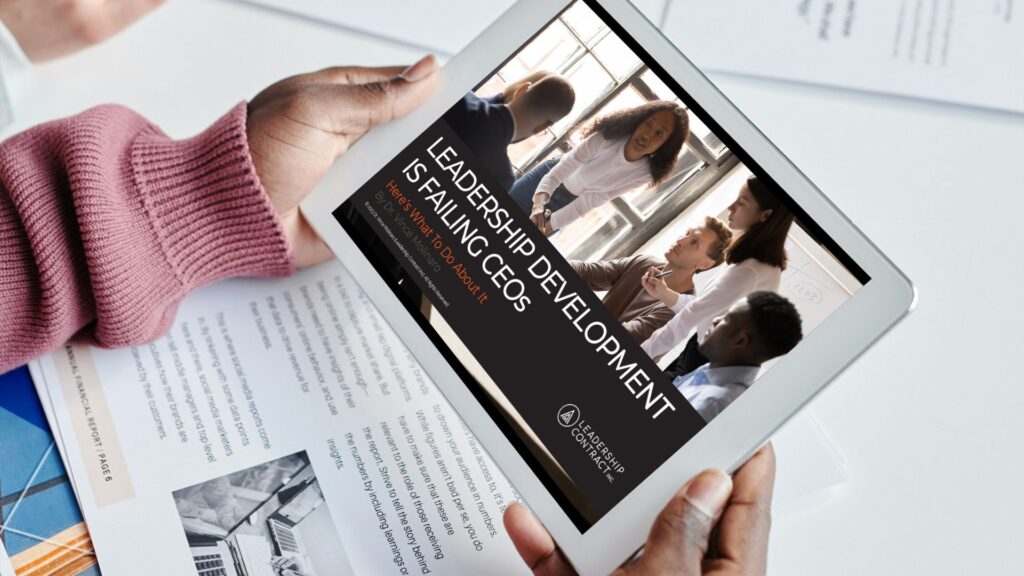In the hybrid and virtual work environment, it is more important than ever to build community and strong relationships across the organization.
BIG IDEA
As leaders, we all need to be community builders.
Every organization’s culture has been put to the test over the past 16 months. Some have found that their employees will pull together in times of crisis. They will step up to take care of one another. Others have found that the trust isn’t there to help pull through a challenge like we’ve experienced.
As leaders, we’ve been asked to step up in new and challenging ways. Many of us have had to learn on the fly how to work remotely, and how to manage teams remotely. Now, as the most acute phase of the pandemic comes to a close for the developed world, there’s an enormous opportunity on the horizon—for the strong and cohesive organizations to capture it.
The U.S. and other major economies could be entering a true economic boom. The companies that can innovate and capture consumers’ attention, or jump quickly on growing trends like green energy, will benefit. And research has found that corporate culture is the most important driver of innovation.
WHY IT MATTERS
Building and maintaining a strong sense of community is more challenging when you’re working remotely.
On the one hand, employees want the option to work at least part of the time remotely. On the other hand, knowledge workers have found that they can be productive at home. They’ve gotten a glimpse of how a flexible schedule can lead to better work-life balance, and they don’t want to go back to enduring a long commute just to put in face time at the office.
This means for leaders that it will be harder to build and maintain a strong culture and a high degree of trust when working remotely. It’s important to be clear: it’s harder, not impossible.
We, humans, are social animals, after all. When we’re interacting in person, we exchange an enormous amount of information unconsciously about our moods and intentions. In his book, Can You Hear Me, communications expert Dr. Nick Morgan states that when we communicate virtually, much of that information is stripped out, making it hard for us to understand tone or communicate subtle nuance. This makes it hard to build strong relationships that ultimately create a sense of community in an organization.
THE RISK
Culture can be the number-one asset for your organization—or the number-one liability.
Companies with strong cultures could capture enormous opportunities in the coming months and years. And companies with poor cultures could fall behind.
At a time when 1 in 4 people are thinking of quitting their jobs in search of more opportunity or more flexibility, corporate culture is more important than ever. Recent surveys show that poor company culture is a major reason people leave their jobs, and most people believe culture is even more important than salary to their overall job satisfaction.
Those organizations with poor cultures, where people don’t trust each other or see their colleagues as competitors, will suffer. They’ll lose talent as the best and brightest look for jobs elsewhere. They’ll lose time to infighting and internal drama. And they may even lose customers: one recent study found that, in response to the coronavirus pandemic, consumers want to see the brands they buy from taking care of their employees. Ultimately, a strong culture is a brand-builder, while a poor culture undermines your organization’s brand.
WHAT TO PAY ATTENTION TO
To build community, focus on breaking down silos and developing a one-company mindset.
In my book, Accountable Leaders, I write about four key strategies critical to be a community builder. Leaders at any level can make a meaningful difference in an organization’s culture by changing their own behavior. Here are four things to think about as you work to build community in your organization:
- Commit to being a community builder. Think about how you show up now. Are you always thinking about your own self-interest? Do you spend a lot of time and energy on office politics? Do you protect your turf? If the answer to any of these questions is yes, you have some internal work to do before you can expect your peers to trust you.
- Develop a one-company mindset. Do you spend all your time thinking about your own team or department? Push yourself to think bigger. Sometimes all it takes is one leader to make a sacrifice of time or resources to help a colleague, and you can shift a whole company’s thinking.
- Create the foundation to tackle the hard work. Building relationships isn’t all about holding hands and singing Kumbaya. It takes tough conversations—and in order to be successful in those tough conversations, you need to first build your own credibility. If you want your colleagues to trust you, you must ensure that you are competent, honest, and can be counted on to have your peers’ backs.
- Support the success of your peers and colleagues. With a one-company mindset, your colleague’s success is your success. Take time to invest in relationships and support your peers. Make sure you’re a good follower, as well as a leader.
Are you building a sense of community in your organization?
Gut Check for Leaders








